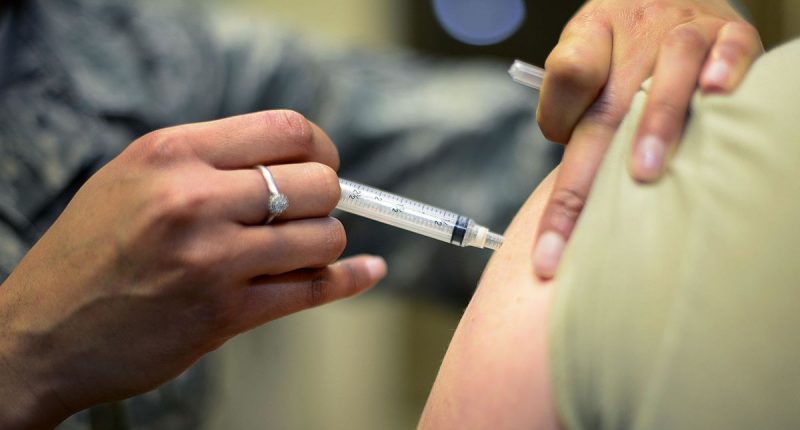A report from the Hindustan Times claims that the Subject Expert Committee (SEC) of the Central Drugs Standard Control Organization (CDSCO) may meet sometime this week to examine Serum Institute of India’s (SII) emergency-use authorization (EUA) application for Oxford-AstraZeneca’s vaccine. SII had sought the emergency use approval back on the 9th of December. Last week, the institute submitted new data related to the COVID-19 vaccine to the national drug regulator.
Hindustan Times reported comments of an anonymous government official who said, “The subject expert committee is likely to be convened this week to go through the application. Since Pfizer had also sought a fresh date to present its case on the EUA application of its anti-Covid-19 vaccine, the committee is likely to give them time the same date.”
The Oxford vaccine is also likely to get approval in the UK for emergency use by Thursday. Reports claim that this vaccine might also be effective against the new strain of coronavirus found in the country. The UK plans to first vaccinate the 12 to 15 million people who would need to be hospitalized if affected.
Back on December 9th, SEC was asked to examine three applications for Emergency use approval- SII and Pfizer’s Covid-19 vaccine and another vaccine developed by Bharat Biotech-Indian Council of Medical Research.
This might make Oxford-AstraZeneca vaccine to be the first vaccine to get clearance in India as Pfizer might be asked to conduct a test among the Indian population to know its effectiveness. The same government official also stated, “Since Pfizer has not conducted a clinical trial in India for its vaccine candidate, the company may be asked to do that first. They could also get a waiver from trials as they already have EUA from other national regulators such as in the US and UK. The ultimate call, however, will be of the experts.”
The US started vaccination of the Pfizer-BioNTech vaccine and another vaccine developed by Moderna last week. The country has already encountered 300,000 virus-related deaths. The US first provided vaccines to high-risk healthcare workers. While 10 million doses circulated across the country, only about 1 million were received due to staff shortages. Reuters reported that the US asked medical and nursing students, and even firefighters, to help give the shots and free up healthcare workers as they faced a backlog in administration while the rollout of the vaccine. Although rare reports have emerged of individuals having allergic reactions to the vaccine from Moderna, most reports are positive.





